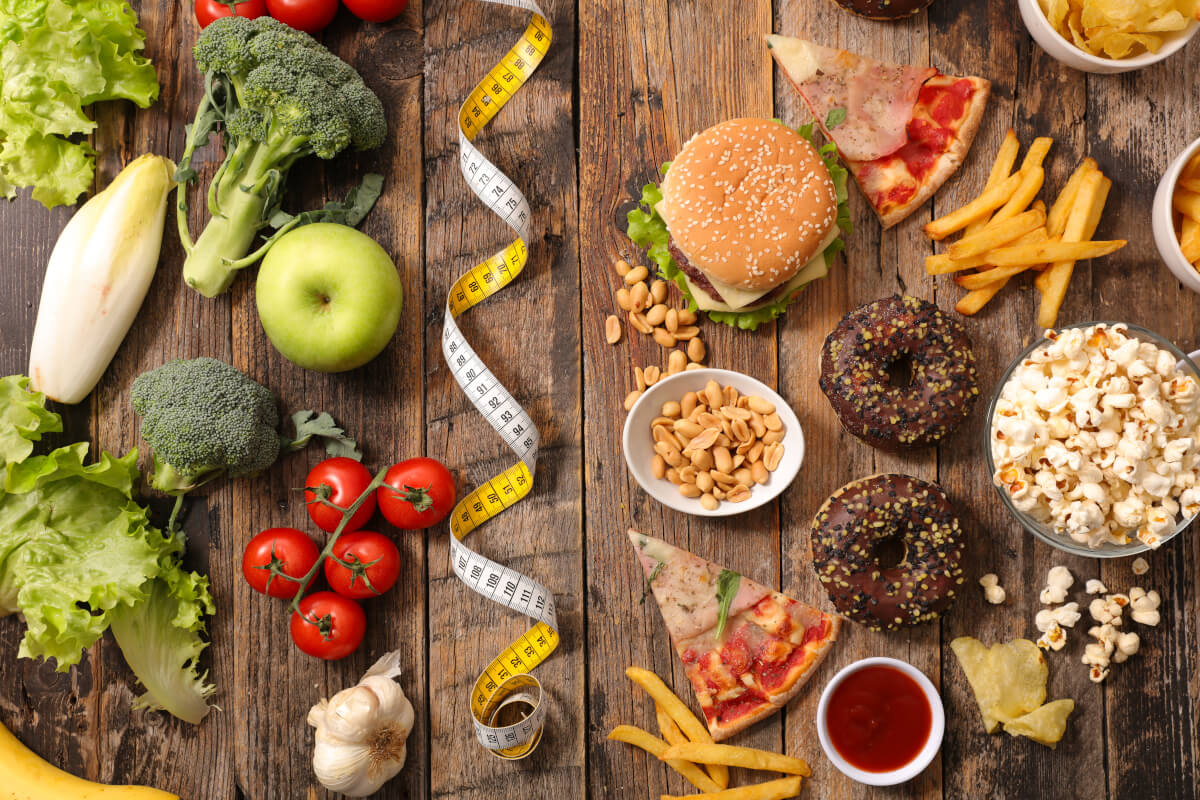Did you know that there are hidden dangers in our food?
Every week I receive countless information on the dangers of pesticides, hormones, antibiotics and chemicals in our food. In particular the amount of antibiotics used in food production in Australia is greater than that prescribed by doctors. I thought it would be useful to share some of this information in the hope you can make healthier food choices.
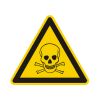 Pesticides
Pesticides
Pesticides are considered one of the hidden dangers in our food, and unfortunately abound in our food supply. These pesticides have detrimental effects on our health including increased stress on our detoxification pathways, unbalancing our hormones and damaging our cells particularly those in the brain. These chemicals also accumulate in our fat stores. So if you are embarking on a weight loss strategy it is important to support your liver, kidneys and lymphatic system.
The foods with the highest pesticide residues in Australia are:
- apples,
- strawberries,
- grapes,
- pears,
- nectarines,
- peaches,
- cherries,
- capsicums,
- lettuce,
- potatoes and
- wheat.
Apart from eating only organic forms of these foods, you can wash the foods in white or apple cider vinegar to reduce the external pesticide residue.
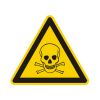 Plastics
Plastics
Plastics such as BPA or Bisphenol A (BPA) are another hidden danger in our food, and is a widely used chemical that can behave like estrogens in the body. They are used in the manufacture of polycarbonate plastics and epoxy resins. BPA is in many consumer products, including the lining of food and beverage cans, plastic food packaging, dental sealants, paper receipts and water pipes. Exposure in people is widespread and occurs mainly through eating or drinking contaminated food and beverages.
Animal and human studies have linked BPA to hormone-sensitive cancers, including breast and prostate cancers. BPA is found in the urine of 95 percent of adults. While many consumers now wisely refuse to purchase plastic products unless they are BPA free, many plastic manufactures have replaced BPA, with Bisphenol-S (BPS), which may be even more dangerous.
Therefore, it is best to avoid plastic products and use glass instead. Unfortunately, almost all bottled water is sold in plastic bottles.
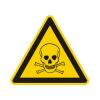 High Fructose Corn Syrup
High Fructose Corn Syrup
High-fructose corn syrup (HFCS) also contains hidden dangers in our food. It is used as a sweetener in thousands of mainstream packaged foods sold around the world, from bread to soft drinks and even breakfast cereal. Researchers from the University of California, Los Angeles (UCLA) found that cancer cells have a particular liking for refined fructose which directly causes cancer cells to reproduce and spread in a way that glucose does not.
The study demonstrates that there is a major difference between high fructose corn syrup, a highly-refined sugar commonly used in processed foods and beverages, and refined sugar cane. Both can lead to health problems, but high fructose corn syrup is worse in terms of cancer growth.
High Fructose Corn Syrup also contributes to obesity. A Princeton University research team demonstrated that rats with access to high-fructose corn syrup gained significantly more weight than those with access to table sugar, even when their overall caloric intake was the same.
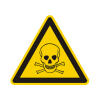 Genetically Modified Foods
Genetically Modified Foods
Genetically modified organisms (GMO) foods are the new kids on the dangerous foods list. Fortunately in Australia there are currently only 3 crops which are approved for commercial release. These are cotton, canola and blue carnations. However, there are other GM food products that have been imported from overseas and approved for consumption in Australia. These include soybeans, canola, corn, sugar and potatoes. These GM foods are typically only found in processed foods and cannot be purchased as fresh food.
GM ingredients are estimated to be in 70% of processed items on supermarket shelves. This is where knowing and trusting who makes your food is important. For example, a handful of soy flour or soy lecithin is thrown into almost every processed item on the supermarket shelves. GM corn can be in your food under many names – maize starch/syrup, corn starch/syrup, glucose syrup (corn). Many producers in Australia have declared themselves GM-free – GM Free Australia has a detailed list of products. If in doubt call the information numbers listed on food packaging.
GM crops are also used as animal feed in Australia. There is no way to recognise animal products fed on GM – milk, meat, eggs, fish, honey - labelling at all ends is grossly inadequate - ask your butcher or local producer. Until things improve, buying grass-fed meat and organic dairy and poultry is the only way to be sure.
Unfortunately preliminary studies into GMO foods have been linked to a variety of health conditions including infertility, cancer and altered digestive function. Most notably Monsanto’s GM-derived rBGH (which is a genetically-altered growth hormone given to dairy cows to make them more milk) was shown to increase the production of IGF-1 from 70 percent to 1000%. IGF-1 is a very powerful hormone that has been linked to a two to four fold increase risk of human colon, breast and prostate cancer.
What Can We Do to Protect Our Health
Unfortunately unless we have the luxury of producing our own food we are at the mercy of food producers and distribution channels such as supermarkets and markets. Here are some ways to protect your health against the hidden dangers in our food and the negative impact it has:
-
Eat fresh, organic unprocessed foods where possible;
-
Shop at markets or smaller independent stores rather than large supermarket chains;
-
Take herbal and nutritional supplements and eat super foods such as turmeric, green tea, ginger, goji berries, blueberries, cacao, maca powder, acai berries, etc to support your liver and kidneys and protect your cells from free radical damage;
-
Drink adequate filtered or spring water to assist the kidneys to flush out chemicals and toxins we are exposed to;
-
Get adequate exercise to assist your lymphatic system to remove toxins;
There are many applications available to keep track of chemicals in our food. I like “Chemical Maze”.
Our health is directly linked to the environment in which we live in, not just hidden dangers in our food. If you are interested in knowing more, check out my Toxic Environment article.
If you are wanting more information on hidden dangers in our food, or a detailed plan on how you can avoid them, contact myself or a qualified health profressional.

